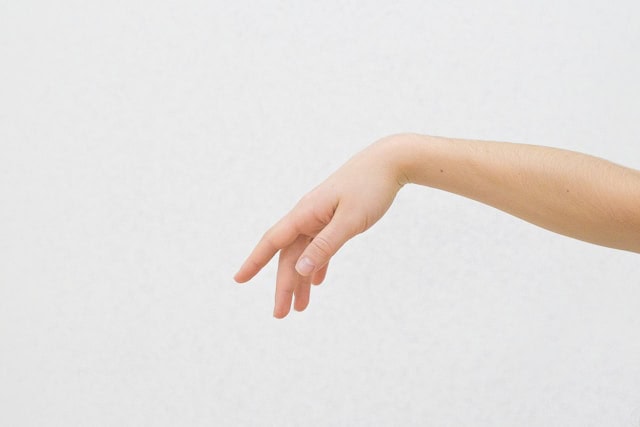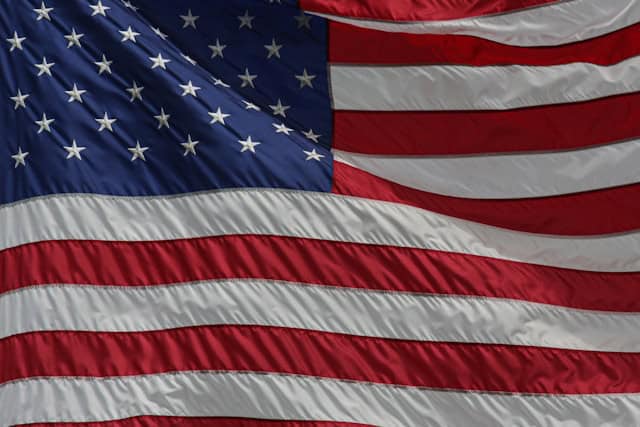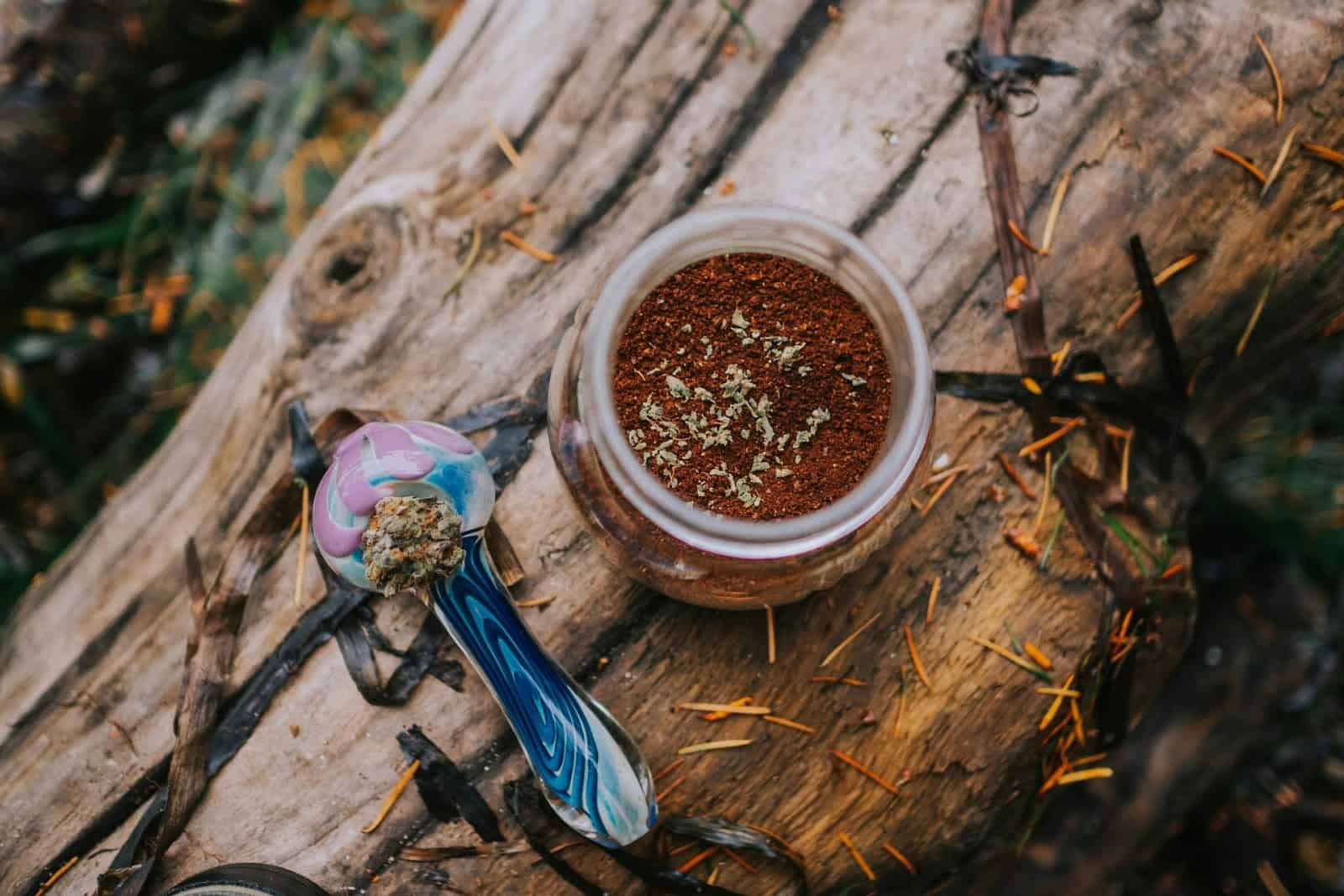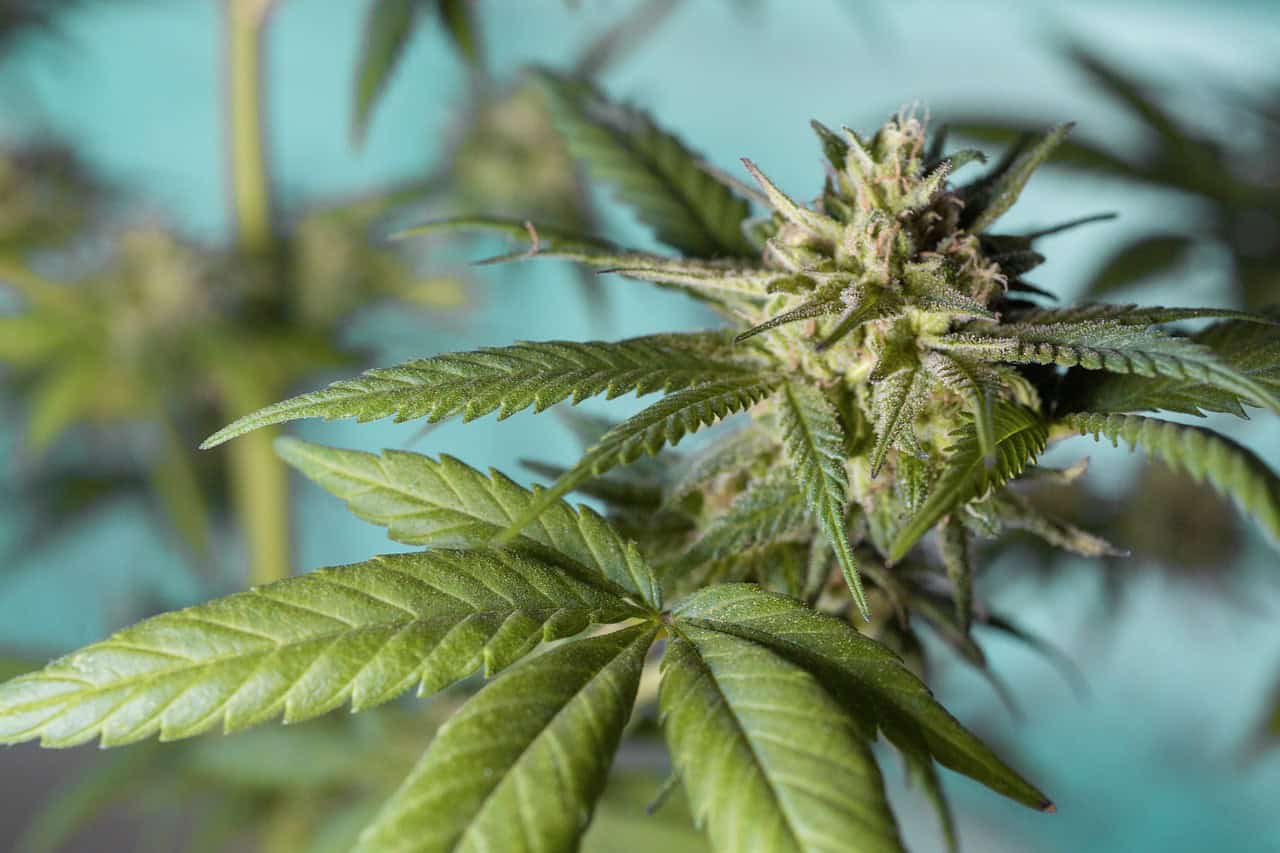
Is CBD Legal in Mississippi
Yes, CBD products are legal in Mississippi
 Legal
Legal
CBD is legal in Mississippi under federal law, meaning that it must contain less than 0.3% THC.
CBD, or cannabidiol is a compound derived from the cannabis plant. CBD has the potential to offer therapeutic benefits without psychoactive effects. It has shown promise in alleviating pain, reducing anxiety, and improving the quality of sleep. Research into CBD is still ongoing, but it has shown effectiveness in treating a variety of ailments. Before buying CBD in Mississippi, make sure to check the lab test results for each product to ensure that they are labeled accurately.
Buyers must be at least 18 years old to purchase CBD products in Mississippi.
CBD is not a psychoactive compound and will not lead to a high when consumed. The high from consuming cannabis comes from a compound called THC. CBD products usually only contain minimal amounts of THC.
There is debate on whether CBD can bind to CB-1 and increase hunger. However, there is some consensus that CBD can at least stimulate hunger indirectly, by improving general health in the body.
CBD gummies may contain small amounts of THC. By law, the THC content must be less than 0.3% by weight.
CBD should not be taken with cancer drugs, cholesterol drugs, nausea drugs, and immunosuppressants.
CBD is a non-psychoactive compound found within the weed plant. The weed plant itself contains CBD, THC, and many other compounds.
CBD is a non-psychoactive compound found within the weed plant. The weed plant itself contains CBD, THC, and many other compounds.
Is THC Legal in Mississippi
No, THC products are illegal in Mississippi
 Legal
Legal
In Mississippi, you must be at least 21 years old to purchase THC products, which are available only through the state’s medical marijuana program. Recreational marijuana remains illegal in the state, meaning that individuals cannot buy THC products for non-medical use.
Yes, THC products in Mississippi are required to go through third-party testing. The Mississippi Medical Cannabis Act mandates that all medical marijuana products sold in licensed dispensaries must be tested by independent laboratories approved by the state. This testing ensures that the products meet specific safety, quality, and potency standards, helping to protect consumers and ensure the integrity of the medical cannabis program.
Yes, THC products in Mississippi are required to go through third-party testing. The Mississippi Medical Cannabis Act mandates that all medical marijuana products sold in licensed dispensaries must be tested by independent laboratories approved by the state. This testing ensures that the products meet specific safety, quality, and potency standards, helping to protect consumers and ensure the integrity of the medical cannabis program.
Is Delta-8 Legal in Mississippi
No, Delta-8 products are illegal in Mississippi
 Legal
Legal
Delta-8 THC products are not legal in Mississippi; Delta-8 tetrahydrocannabinol (Delta-8 THC) is a cannabinoid discovered in the cannabis plant, renowned for its psychoactive properties, although less intense than the more familiar Delta-9 THC. The controversy surrounding Delta-8 primarily centers on its legal status, potential health risks, and the methods used in its production. Despite being derived from hemp, which was legalized in the United States through the 2018 Farm Bill, the extraction and conversion processes have come under regulatory scrutiny. Critics contend that these processes could result in impurities and safety concerns. Additionally, there are worries about its potential effects, especially among vulnerable populations like minors; as Delta-8 products are often marketed as a legal and less potent alternative to traditional marijuana. Consequently, the regulatory framework and public perception surrounding Delta-8 THC remain intricate and divisive.
Delta-8 THC products are not legal in Mississippi; Delta-8 tetrahydrocannabinol (Delta-8 THC) is a cannabinoid discovered in the cannabis plant, renowned for its psychoactive properties, although less intense than the more familiar Delta-9 THC. The controversy surrounding Delta-8 primarily centers on its legal status, potential health risks, and the methods used in its production. Despite being derived from hemp, which was legalized in the United States through the 2018 Farm Bill, the extraction and conversion processes have come under regulatory scrutiny. Critics contend that these processes could result in impurities and safety concerns. Additionally, there are worries about its potential effects, especially among vulnerable populations like minors; as Delta-8 products are often marketed as a legal and less potent alternative to traditional marijuana. Consequently, the regulatory framework and public perception surrounding Delta-8 THC remain intricate and divisive.
While Delta-8 is generally recognized for its reduced potency relative to Delta-9 THC, it can still elicit psychoactive effects, underscoring the necessity for careful use. Those with pre-existing medical conditions or on medications should seek guidance from a healthcare professional before venturing into Delta-8.
Delta-8 THC's influence on the body is achieved by binding to the CB1 receptors of the endocannabinoid system, mainly localized in the central nervous system. This interaction initiates psychoactive effects, typically of a less intense nature compared to Delta-9 THC. Users frequently recount feelings of serenity, euphoria, and a shift in sensory perception. Delta-8 may also stimulate an increased appetite, induce dry mouth, and result in red eyes. However, the manifestation of its effects can significantly differ among individuals, influenced by factors like dosage, tolerance, and the distinct sensitivity of each person to cannabinoids.
No, Delta-8 THC products are not legal in Mississippi. Although the state enacted a bill (SB 2725) based on the 2018 Farm Bill legalizing the cultivation of production of hemp and hemp-based products, the state amended this law to exclude hemp-derived THC. Per HB 1547, all isomers, synthetic substances, and THC derivatives are illegal in Mississippi.
Delta-8 THC and Delta-9 THC share similar chemical structures, but Delta-8 is renowned for its reduced strength, often resulting in a gentler, clearer high. Many users prefer it for its functional effects.
Delta-8 THC is offered in diverse configurations, including edibles, vape cartridges, tinctures, and capsules. The selection of how to consume it is subjective and based on individual tastes and the desired effects.
The safety of Delta-8 THC remains a subject of debate and research. Generally considered less potent with milder psychoactive effects than Delta-9 THC, concerns persist about potential impurities resulting from its production methods. Additionally, like any psychoactive substance, safety can vary depending on an individual's health, usage, and dosage. More comprehensive scientific studies are needed to provide a conclusive assessment of its safety, but caution is advised, especially in the absence of clear regulatory standards.
Routinely noted side effects could encompass dry mouth, red eyes, heightened heart rate, and short-term memory lapses. Typically, these responses are less intense than those linked to Delta-9 THC.
Affirmative, it is feasible for Delta-8 THC to yield a positive result on a drug test, considering that many tests cannot discern between Delta-8 and Delta-9 THC. If drug testing is a consideration, using Delta-8 products should be approached with caution.
The ability to purchase Delta-8 products might hinge on your location, as age restrictions often dictate a minimum age of either 18 or 21. To ensure legal adherence, make it a priority to acquaint yourself with your area's age requirements through local regulation research.
You have multiple avenues for acquiring Delta-8 products, from licensed dispensaries to online vendors and specific convenience stores. To make an informed purchase, conduct a thorough investigation into the legality of Delta-8 in your area and select a reputable seller known for both product quality and compliance with local regulations.
Is Delta-9 Legal in Mississippi
No, Delta-9 products are illegal in Mississippi
 Legal
Legal
In Mississippi, you must be at least 21 years old to buy Delta-9 THC products, but this applies only to those who have a valid medical marijuana card. The state allows the purchase and use of Delta-9 THC for medical purposes under the Mississippi Medical Cannabis Act. Recreational use of Delta-9 THC remains illegal, so there are no legal provisions for purchasing it for non-medical purposes.
In Mississippi, smoking Delta-9 THC flower is legal only for medical use. Under the Mississippi Medical Cannabis Act, qualified patients with a valid medical marijuana card can legally smoke Delta-9 THC flower as part of their medical treatment. Recreational use of Delta-9 THC remains illegal in the state.
Yes, Delta-9 THC products in Mississippi must undergo third-party testing. This testing ensures that the products meet state quality standards, comply with federal guidelines (including containing less than 0.3% Delta-9 THC), and are free from contaminants like pesticides, heavy metals, and residual solvents.
In any case, it is always recommended that you take the time to review these lab reports to ensure product safety and potency, regardless of legal requirements.
Is HHC Legal in Mississippi
No, HHC products are illegal in Mississippi
 Legal
Legal
Since HHC is illegal in the state, there are no age requirements or legal avenues for purchasing it.
No, in Mississippi, you cannot legally buy HHC (Hexahydrocannabinol) flower because it is classified as a Schedule I controlled substance.There is no legal framework or requirement for third-party testing of HHC products in the state. Since HHC is prohibited, any related testing or compliance measures do not apply.
There is no legal framework or requirement for third-party testing of HHC products in the state. Since HHC is prohibited, any related testing or compliance measures do not apply.
Disclaimer
This information is derived from our independent research. Our team aims to ensure that we give you accurate up-to-date details from reliable state-run sources. However, we are not legal experts, and local laws can be subject to change.










































